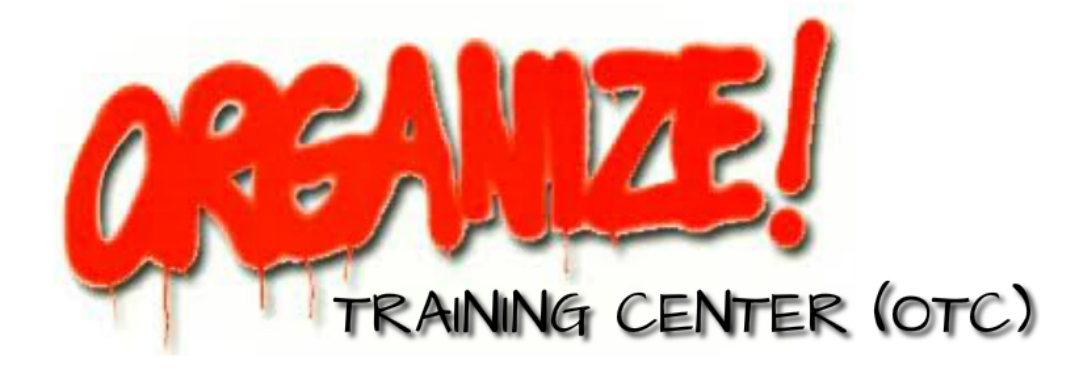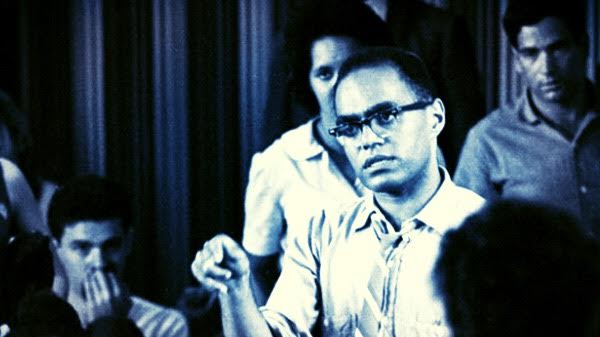|
(Here are some excerpts from my DISSENT Online review of a recent biography about Bob Moses. Please take a look at the full review here. Your comments would be appreciated!)
Robert Parris Moses was born in Harlem in 1935, the depth of the Great Depression. He was raised in a public housing project (which in those years was a step up from slum housing; I grew up in one), worked in a black-owned milk cooperative as a young boy, and had both Christian and pan-Africanist influences in his extended family upbringing. His grandfather was a respected progressive Baptist clergyman and former black college president; an uncle headed a branch of the NAACP; aunts were militant defenders of black rights; race and politics were continuous topics of conversation at home. His mother was a strong woman, a high school graduate who’d planned to go to college before marriage took her in a family direction. His father involved him in political conversations, always emphasizing the “little guy,” and taught him how to read people by listening and paying careful attention to them... From Ella Baker, Moses learned an elaborated view of grassroots organizing. Her aphorism, “strong people don’t need strong leaders,” would become a SNCC theme. Among the strong people Moses met on his trip was Amzie Moore. A veteran of the Second World War who had become an independent businessman in the Mississippi Delta, Moore was looking for a way to break voting barriers that resulted in almost no black voter participation in towns, counties, and the second congressional district of the state, where blacks were a majority of the population. Moore took Moses in and made him family... Many of us believed the MFDP’s challenge would be successful. With hindsight, it is easy to say we should have known better. Two rules of power operated against MFDP: first, when you borrow someone else’s power (in this case the national liberal-labor-civil rights organizations), if your and their interests diverge, theirs will prevail. Second, it is short-term, not long-term, interests that typically determine political decisions and outcomes. When Lyndon Johnson turned the screws on his liberal and labor allies, they capitulated and abandoned their initial support for the MFDP challenge... Typically, major defeats lead to disarray and conflict among the defeated as they seek to explain why their anticipated victory was not realized. I want to note three consequences of defeat here... Reading Visser-Maessen’s biography brought back a flood of memories of my time on the SNCC staff and my experiences then with Moses as well as the rest of the remarkable young people who made up that organization. But you don’t need to have had those experiences to appreciate the book. It will bring the tumult, vitality, hope that turned to despair, and intellectual debates of those times to anyone who reads it. The lessons in this book are as important to our country today as they were half a century ago.
1 Comment
|
AuthorMike Miller has had almost 60 years experience as a community organizer. Before founding the ORGANIZE! Training Center in San Francisco in 1972, he was a founding member of SLATE and an SNCC field secretary. In 1967, he directed one of Saul Alinksy's community organizing projects. Archives
February 2018
Categories(The quote at the top of the
page is by Desmond Tutu.) |
(415) 648.6894 [email protected] 442 Vicksburg, San Francisco, CA 94114
Copyright© Since 2016, ORGANIZE! Training Center. All rights reserved.
Copyright© Since 2016, ORGANIZE! Training Center. All rights reserved.


 RSS Feed
RSS Feed